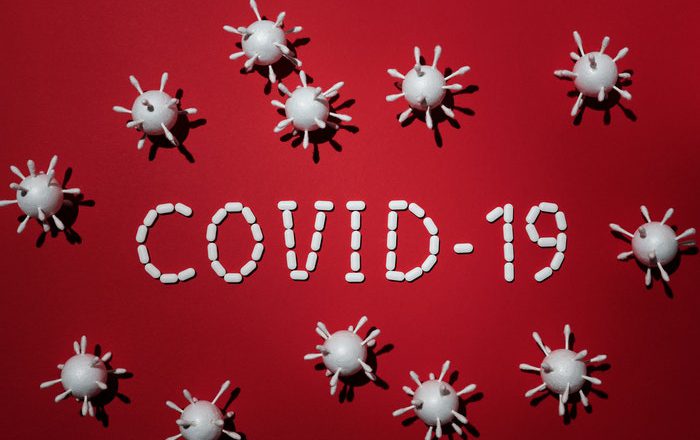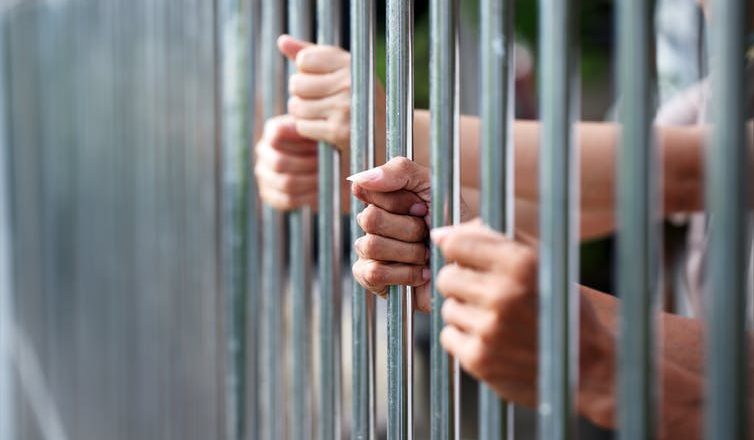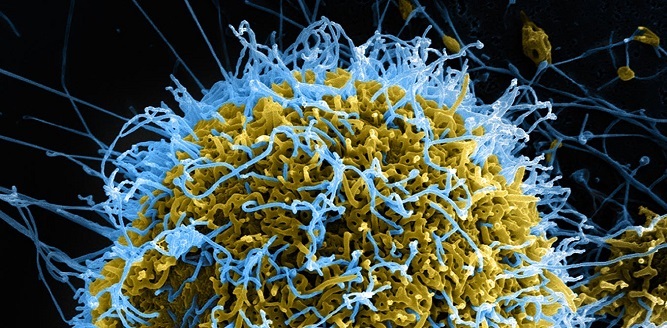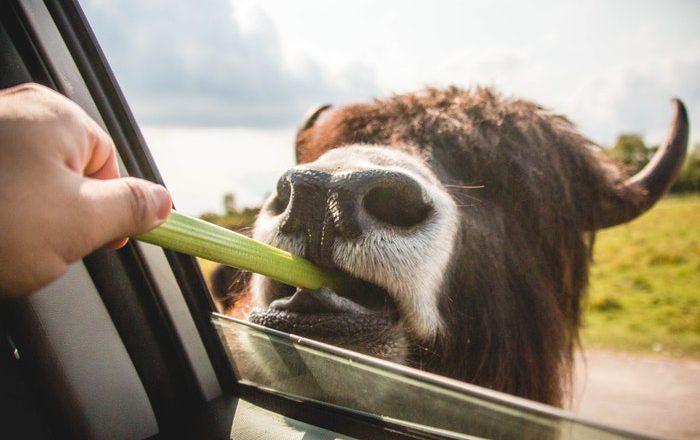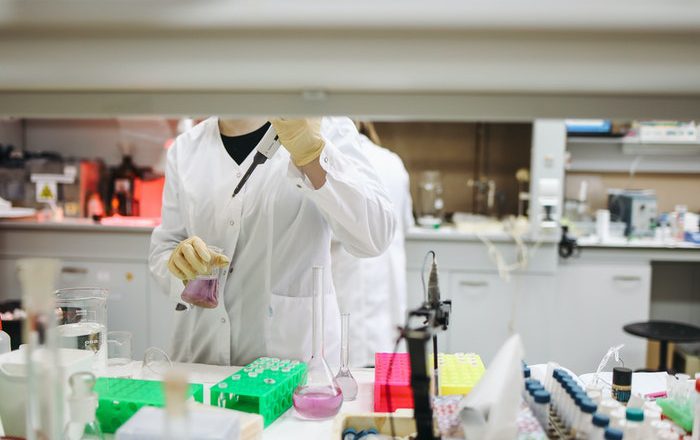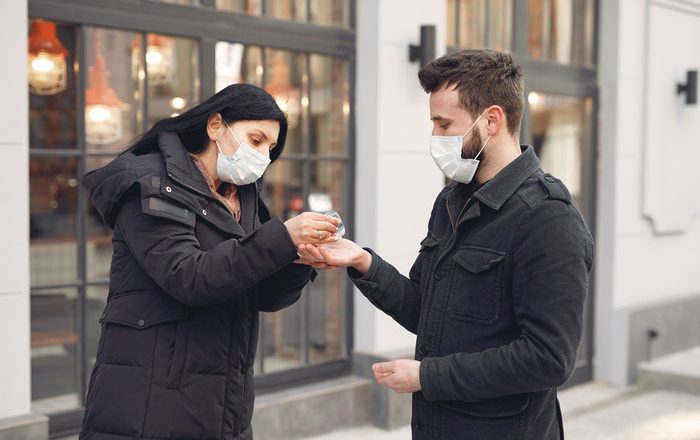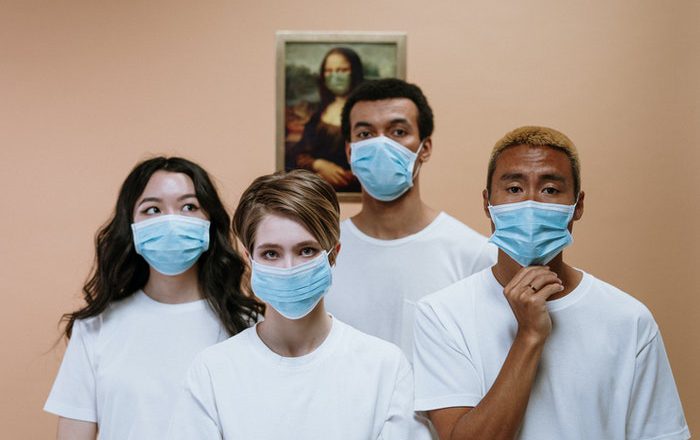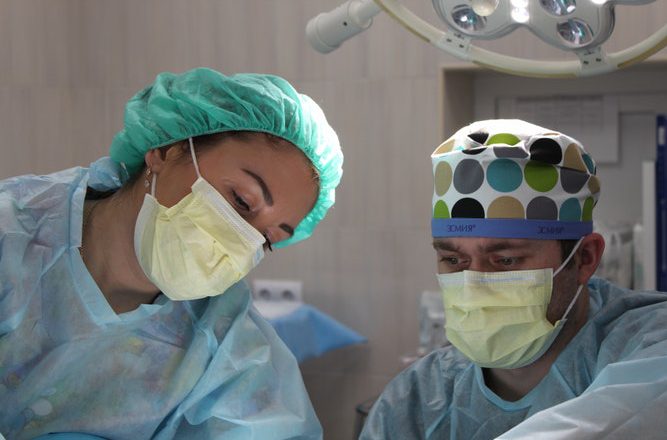Rapid home-based coronavirus tests are coming together in research labs — we’re working on analyzing spit using advanced CRISPR gene editing techniques
A desperately needed tool to curb the COVID-19 pandemic is an inexpensive home-based rapid testing kit that can detect the coronavirus without needing to go to the hospital.
The Food and Drug Administration has approved a few home sample collection kits but a number of researchers, including myself, are using the gene-editing technique known as CRISPR to make home tests. If they work, these tests could be very accurate and give people an answer in about an hour.
I am a biomolecular scientist with training in pharmaceutical sciences and biomedical engineering and my lab focuses on developing next-generation of technologies for detecting and treating cancer, genetic and infectious diseases.
The COVID-19 disease is caused by a coronavirus named severe acute respiratory syndrome coronavirus...

